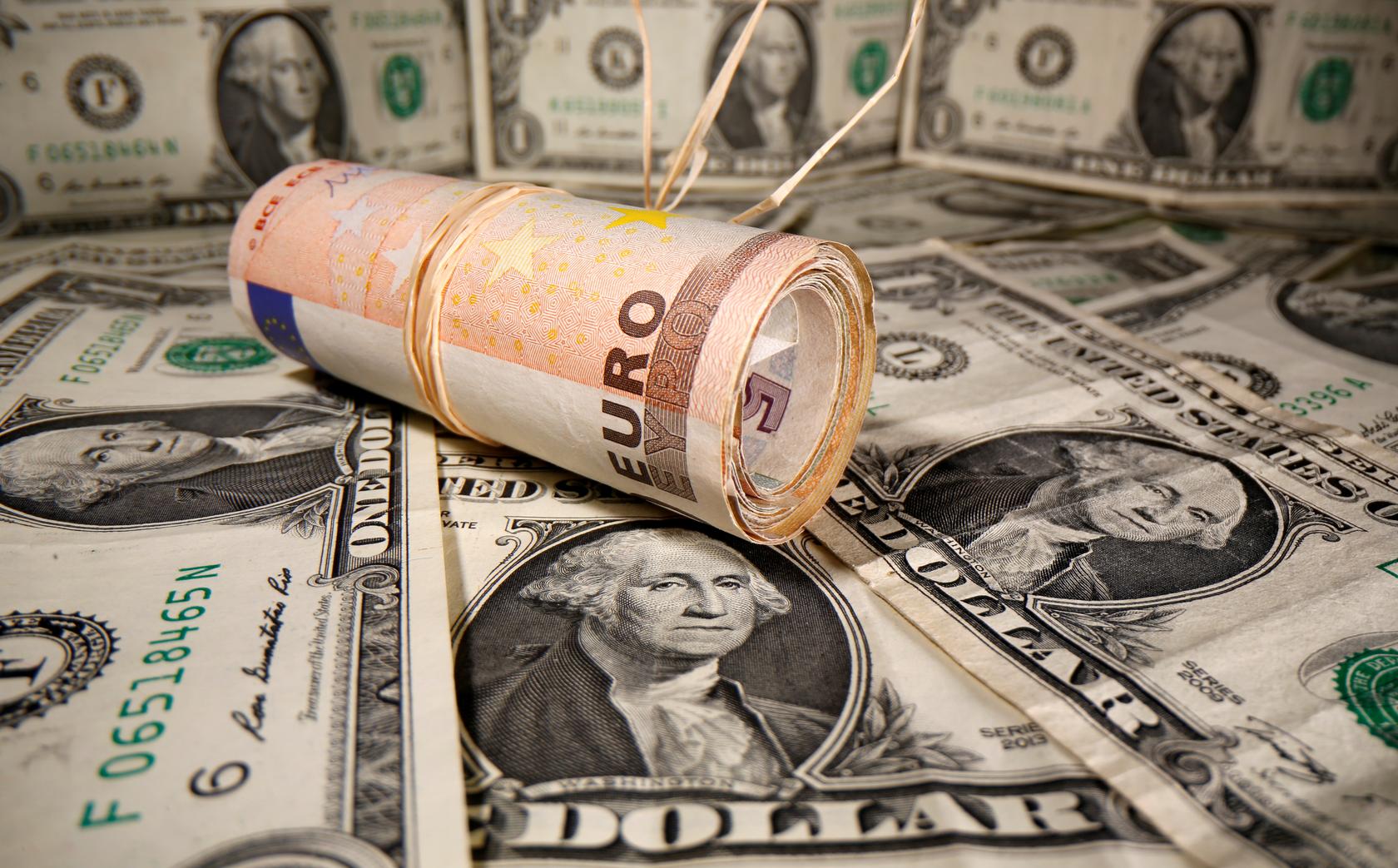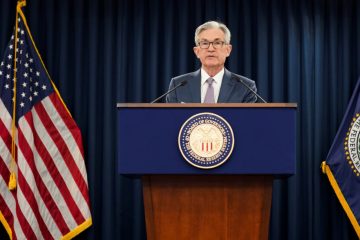Dollar retreats from highs as focus turns to payrolls

The dollar eased from last week’s peaks on Monday as encouraging trial results for a COVID-19 pill supported risk appetite, but investors remained cautious ahead of central bank meetings in Australia and New Zealand as well as U.S. labour data this week.
The euro crept back above $1.16, and was up 0.1% at $1.1606, a recovery from last week’s 14-month low of $1.1563. The yen has also bounced from a 19-month low and was similarly up 0.1% in Asia trade at 110.92 per dollar.
Sterling, the Australian dollar and the New Zealand dollar all edged higher in early trade, extending late-week gains.
“Whether it follows through or not, I don’t know,” said Westpac analyst Imre Speizer on the phone from Christchurch.
“I’d say there could still be more downside and that would prop up the U.S. dollar and Aussie and kiwi would fall a little bit further,” he said, with sentiment in the driver’s set.
In the week ahead, the Reserve Bank of Australia meets on Tuesday and is expected to keep policy steady. Across the Tasman, a 25 basis point hike from the Reserve Bank of New Zealand on Wednesday is priced in.
And on Friday, U.S. labour data is expected to show continued improvement in the job market, with a forecast for 460,000 jobs to have been added in September – enough to keep the Federal Reserve on course to begin tapering before year’s end.
Sterling rose 0.25% to $1.3568, a third consecutive session in the green after a sharp drawdown last week when traders shrugged off hawkish central bank rhetoric to focus on a sour outlook and the risk of both higher rates and inflation.
“Investors are judging the UK by its whole suite of fundamentals factors and movements in sterling suggest that many are not liking what they are seeing,” said Rabobank strategist Jane Foley, as the currency erases early 2021 gains.
“The UK no longer has an advantage on the vaccine front…and, while PM (Boris) Johnson likes to view Brexit as ‘done’, many businesses and commentators are only just starting to evaluate its impact.”
The Australian dollar was up 0.1% to $0.7273 and kiwi was marginally firmer at $0.6952.
Economists polled by Reuters expect the cash rate on hold in Australia until at least 2024, as the RBA has been insisting it will be.
Swaps markets show a 97% probability of a rate hike in New Zealand on Wednesday and a 96% chance of another one in November.
Traders likewise think that it will take a lot to derail the Fed from its tapering track, but steadying Treasury yields along the curve points to some risk to the timing.
“The question is whether there is a number that alters the Fed’s view on tapering its bond purchases in November, and what a really weak or hot number means amid the backdrop of rising stagflation fears,” said Pepperstone’s head of research, Chris Weston.
“If U.S. treasuries find further buyers this week into Friday’s U.S. non-farm payrolls, the dollar may go on sale this week.”



